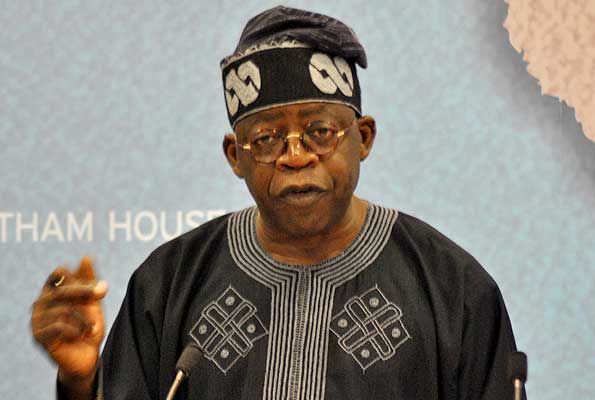The scrapping of fuel subsidies and President Bola Tinubu’s pledge to introduce a unified exchange rate are positive developments for Nigeria’s credit profile, according to a new Fitch Ratings report.
However, the reform agenda remains at risk of implementation and lacks concrete details, notably measures to address other challenges affecting the country’s credit profile, such as structurally very low non-oil fiscal revenues.
Fitch expects the new government to adopt a slightly more reformist and pro-market approach compared to the previous government of President Muhammadu Buhari.
The progress on subsidy and exchange rate reform was key to Fitch’s decision to confirm Nigeria’s rating at B- with a stable outlook in May 2023.
The phasing out of oil subsidies, which cost more than 2% of GDP last year, came swiftly given the government’s commitment to reform.
The risk of a backtrack remains relatively low given the political capital the President has invested in removing fuel subsidies.
“The government is planning substantial new transfers to help cushion the social impact, but we still expect the net effect of the reform to support fiscal consolidation,” Fitch noted.
In Nigeria, fuel subsidies are huge. According to the latest estimates, the state is subsidizing gasoline to the tune of USD 3.9 billion, almost double the entire healthcare budget.
Subsidies exist because the government sets the price of gasoline for consumers below the international price and uses state funds to pay the difference. They were first introduced in Nigeria in the 1970s in response to the 1973 oil price shock. However, despite numerous attempts at reform, Nigeria was not able to successfully abolish fuel subsidies, in large part due to strong popular resistance to reform.
Such subsidies come at a high cost: spending on other development goals is less, the allocation of resources to state governments is reduced, most of the subsidies go to better-off Nigerians, and cheaper gasoline leads to more pollution, congestion and climate change.



